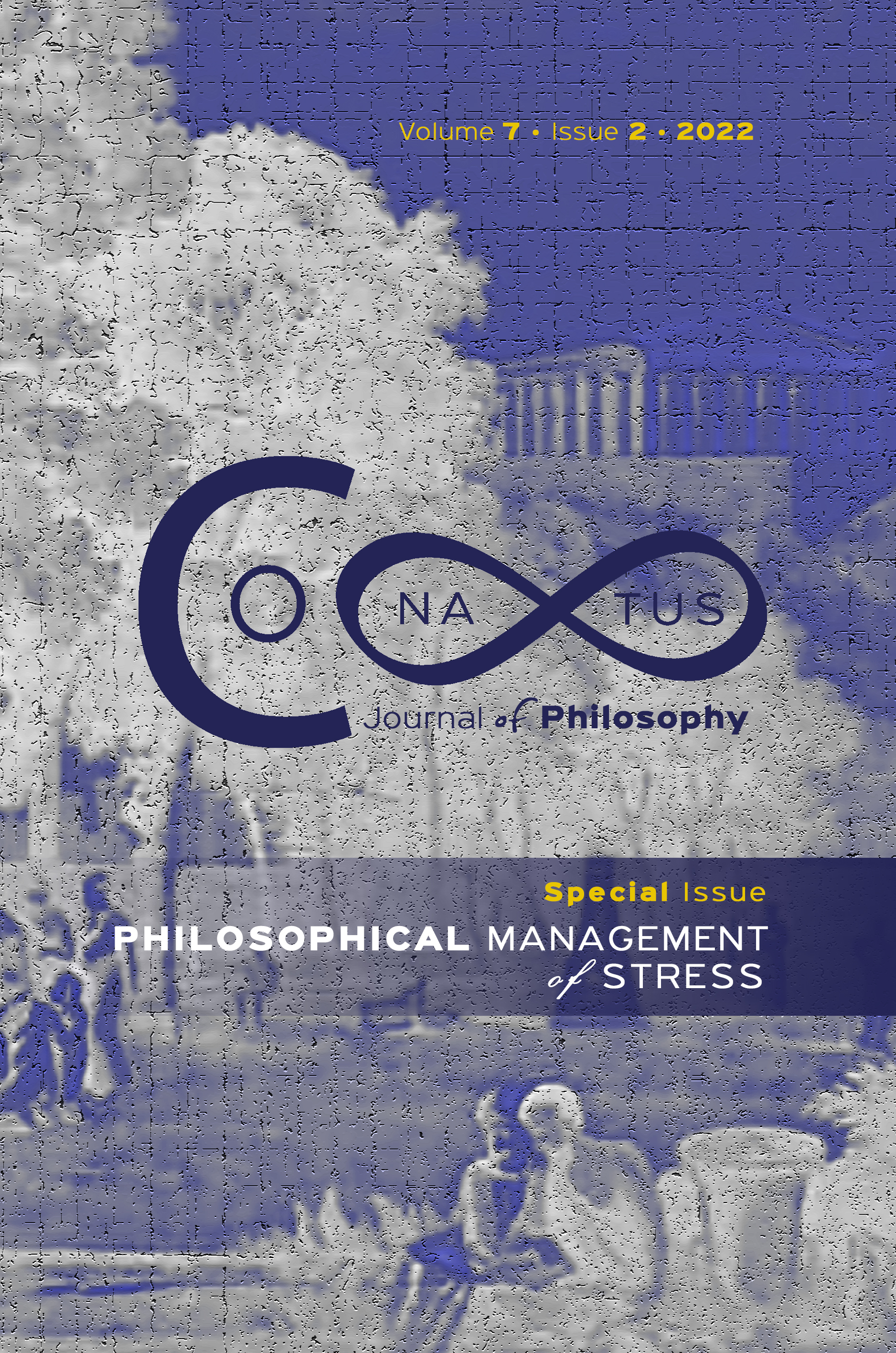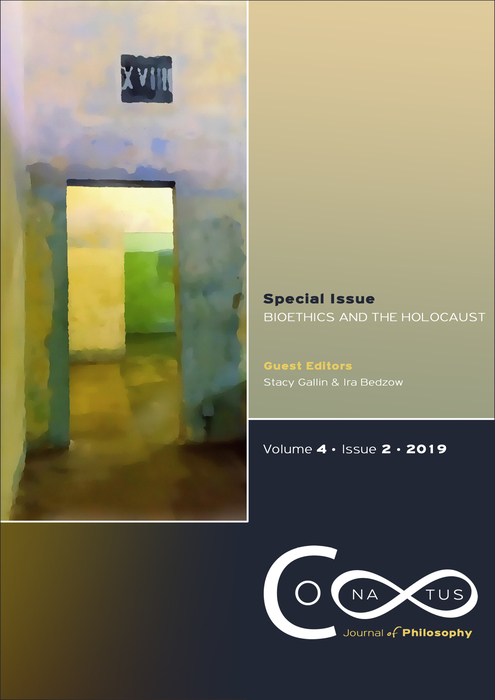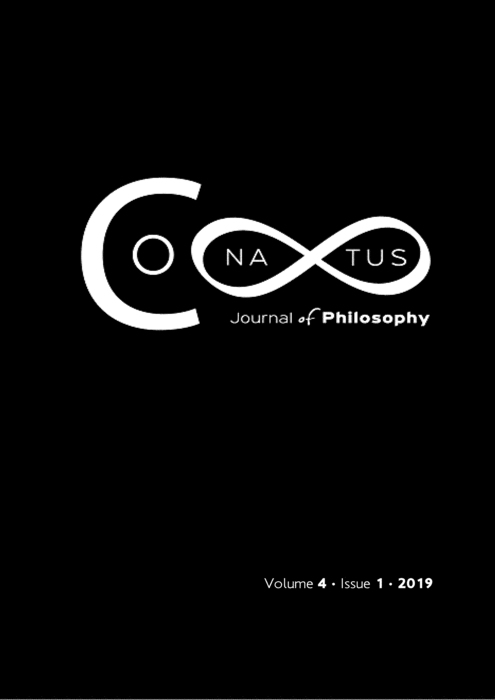Philosophical Management of Stress based on Science and Epicurean Pragmatism: A Pilot Study

Abstract
In the first months of the COVID-19 pandemic, we created and implemented from November 2020 to February 2021 a monthly educational pilot program of philosophical management of stress based on Science, Humanism and Epicurean Pragmatism, which was offered to employees of 26 municipalities in the Prefecture of Attica, Greece. The program named “Philosophical Distress Management Operation System” (Philo.Di.M.O.S.) is novel and unique in its kind, as it combines a certain Greek philosophical tradition (Epicurean) that concurs with modern scientific knowledge. The program was designed to be implemented in a period of crisis; therefore, it used a fast-paced, easy to learn and practice philosophical approach to stress management, based on cognitive psychotherapy. The philosophical approach to stress management has the advantage that it can be offered to most people, regardless of age and educational level. The pilot program was effective in achieving its objectives, shown by statistical comparisons of the trainees’ responses to anonymous questionnaires before and after the month-long training. The successful Philo.Di.M.O.S. program, thus, based on a solid scientific and philosophical basis, offers a paradigm of stress management during crises and could be useful in Greece and internationally.
Article Details
- How to Cite
-
Yapijakis, C., Protopapadakis, E. D., & Chrousos, G. P. (2022). Philosophical Management of Stress based on Science and Epicurean Pragmatism: A Pilot Study. Conatus - Journal of Philosophy, 7(2), 229–242. https://doi.org/10.12681/cjp.28077
- Section
- Articles

This work is licensed under a Creative Commons Attribution-NonCommercial 4.0 International License.
Authors who publish with this journal agree to the following terms:
Authors retain copyright and grant the journal right of first publication with the work simultaneously licensed under a Creative Commons Attribution Non-Commercial International License (CC BY-NC 4.0) that allows others to share the work with an acknowledgement of the work's authorship and initial publication in this journal.
Authors are able to enter into separate, additional contractual arrangements for the non-exclusive distribution of the journal's published version of the work (e.g. post it to an institutional repository or publish it in a book), with an acknowledgement of its initial publication in this journal.
Authors are permitted and encouraged to post their work online (preferably in institutional repositories or on their website) prior to and during the submission process, as it can lead to productive exchanges, as well as earlier and greater citation of published work.







